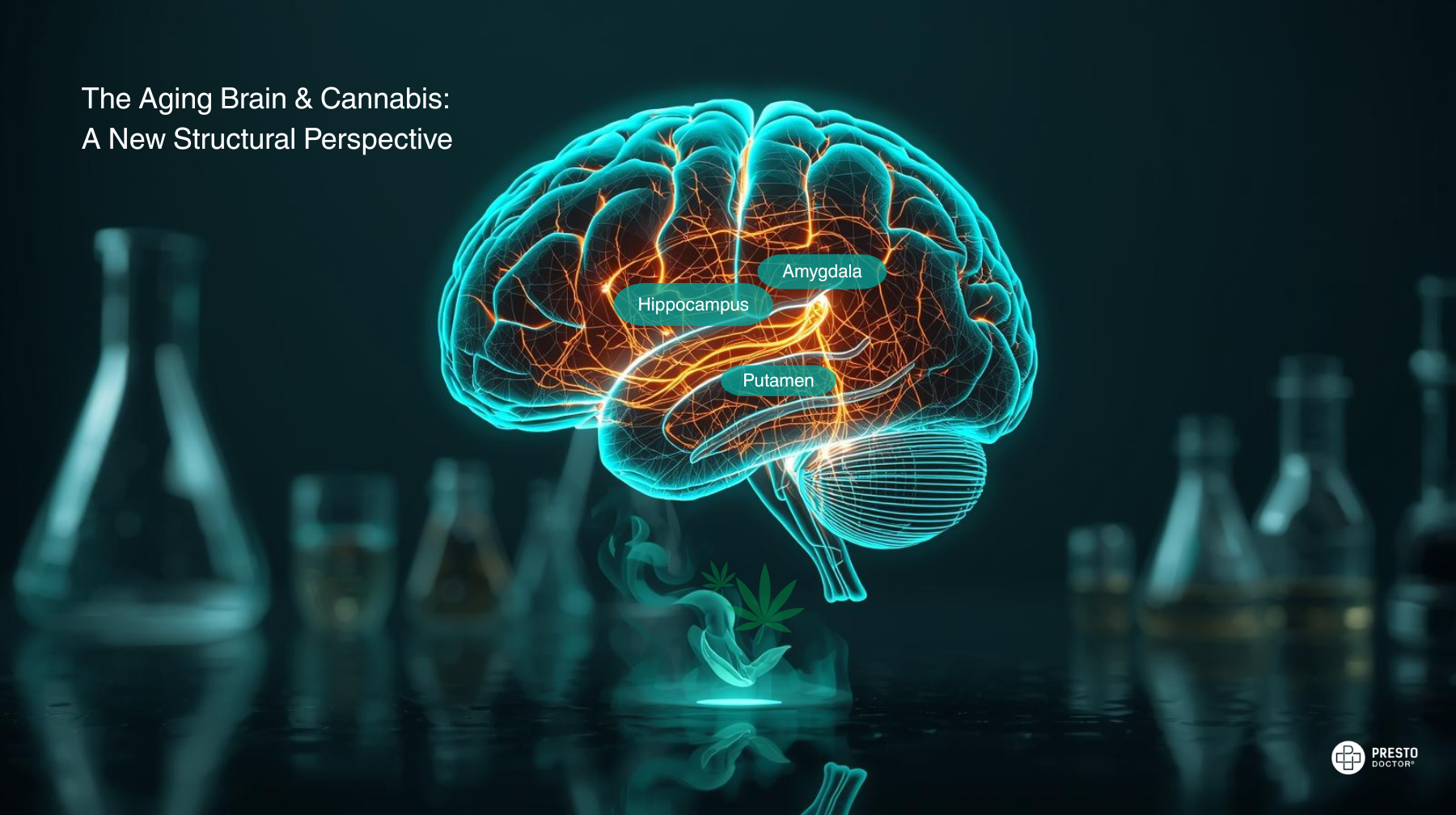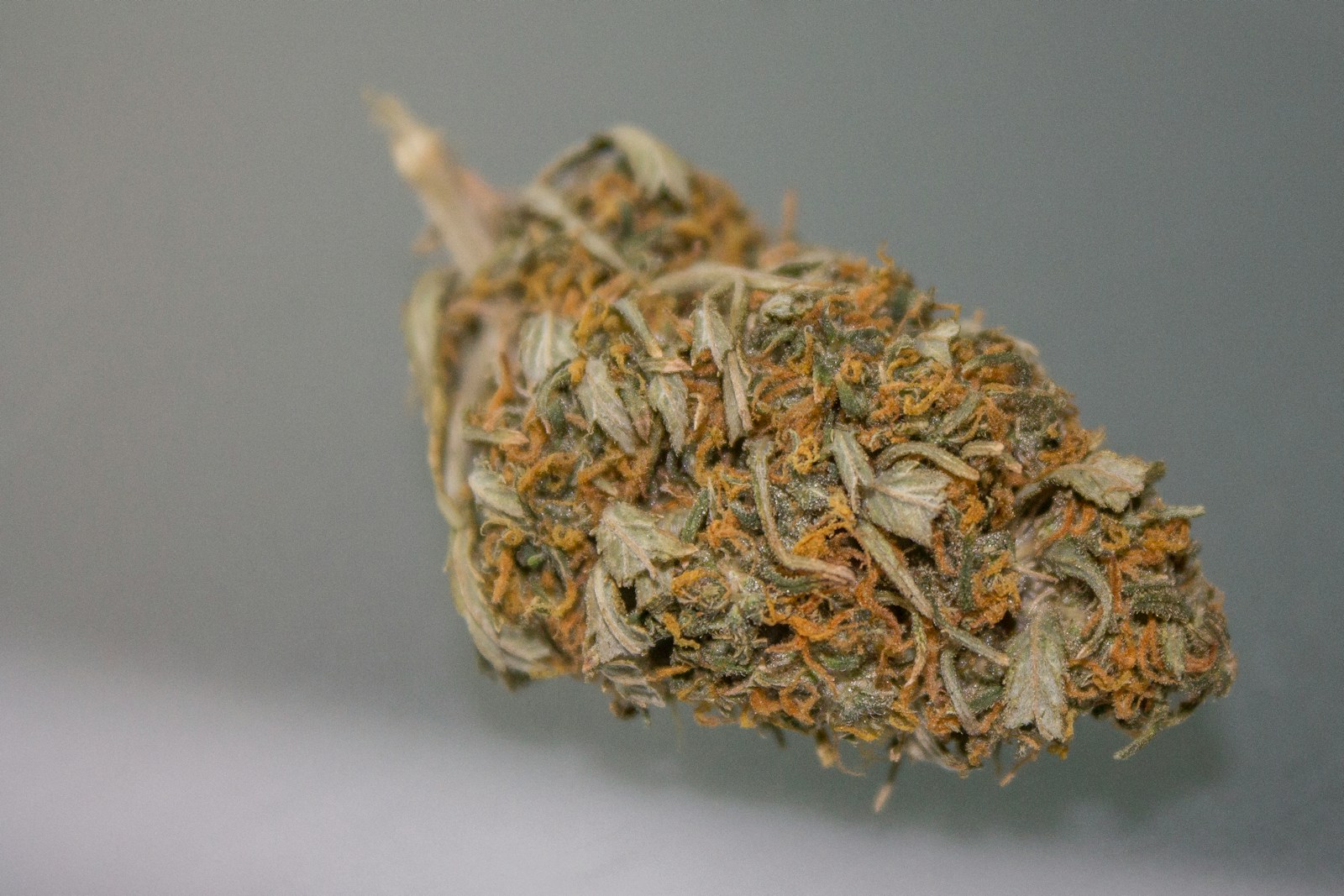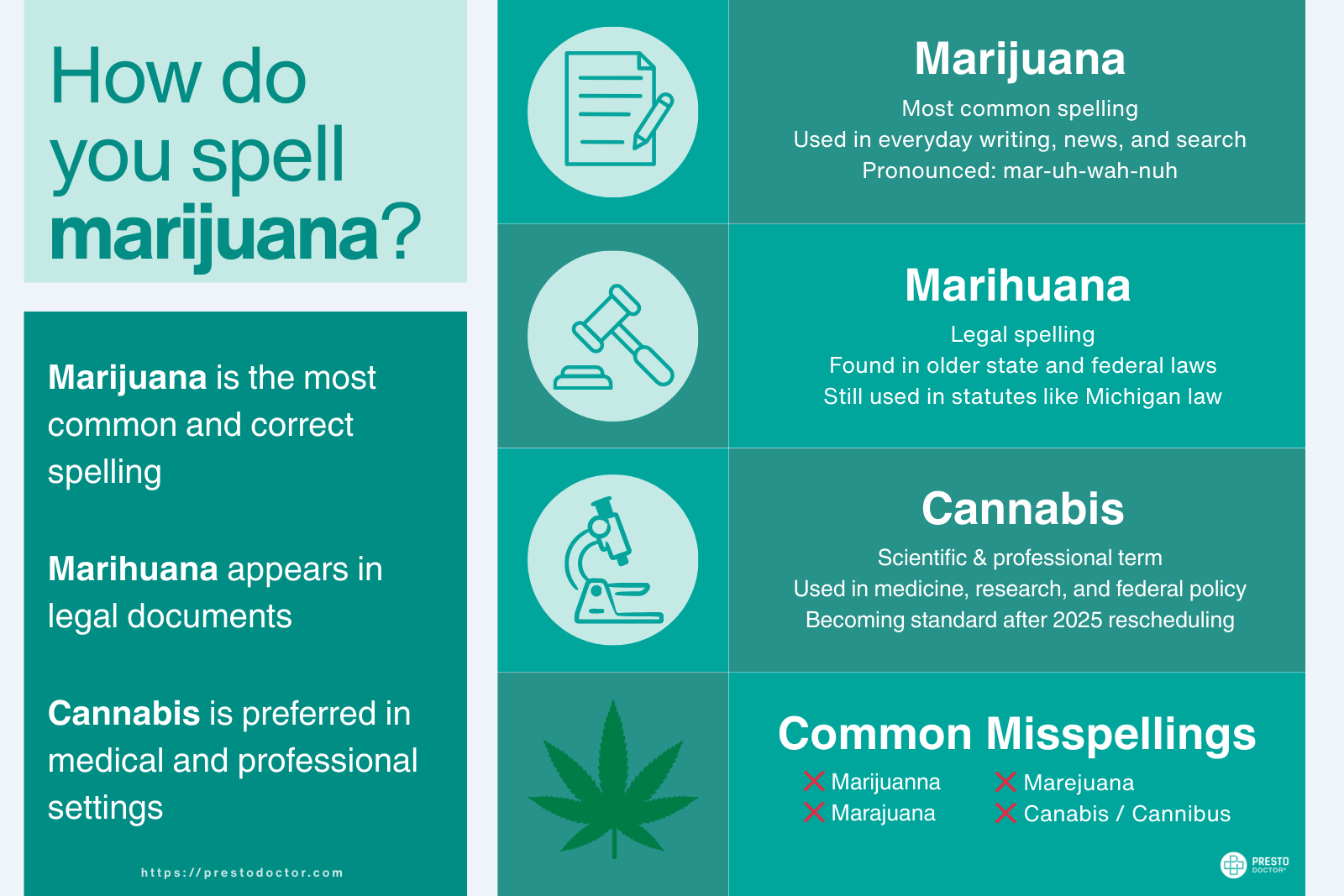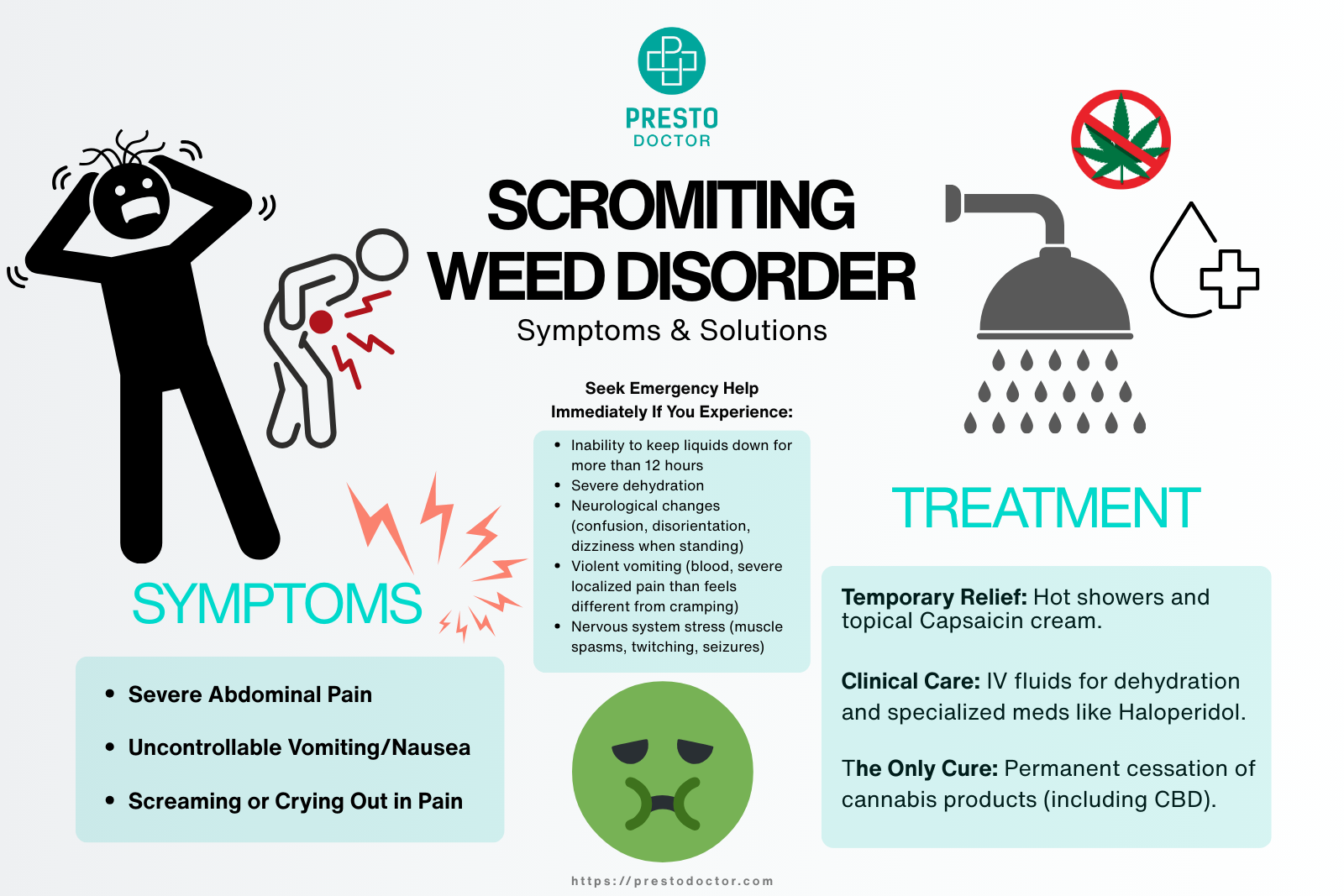
Is cannabis use causing a generation to lose motivation? This question has fueled debates for decades. While some claim that chronic cannabis use leads to apathy and a lack of drive, known as amotivational syndrome, others argue that this relationship is more complicated. Amotivational syndrome is characterized by a reduction in motivation. This can often manifest as apathy, lack of energy, and a decreased ability to engage in goal-oriented activities. In this blog, we’ll explore the facts about amotivational syndrome and its connection to cannabis use, while shedding light on the latest research findings.
What is Amotivational Syndrome?
Amotivational syndrome refers to a condition involving emotional, cognitive, and social symptoms such as:
- Apathy and lack of drive
- Decreased energy levels
- Reduced interest in activities, especially those requiring effort
- Poor social interaction and goal-setting
This syndrome has been observed in individuals with various psychiatric disorders and substance use issues, notably cannabis use.
The Connection Between Cannabis Use and Amotivational Syndrome:
Correlation Between Heavy Cannabis Use and Amotivation
Several studies have indicated that heavy, frequent cannabis use may lead to an increase in amotivational behaviors. For instance, one study found that individuals who used cannabis 52 days or more per year showed significantly higher levels of amotivation than non-users or light users. This effect remained even after controlling for other factors like alcohol use and depression (Meier & White, 2018).
Cognitive and Personality Factors
Some researchers argue that cannabis doesn’t directly cause amotivation, but rather affects certain personality traits that can lead to it. For instance, cannabis can enhance a cognitive state called “trait absorption.” Trait absorption refers to a person’s tendency to get deeply absorbed in certain thoughts or stimuli. In some people, especially those prone to depression, this can lead to reduced motivation and engagement in everyday tasks (Nelson, 1994).
In simple terms: Cannabis absorbs some people so much in specific thoughts or experiences that they lose interest in taking action or completing everyday tasks.
Cultural and Social Perspectives
It’s important to consider cultural and social factors. Research conducted in Jamaica, for example, found little evidence of amotivational syndrome among cannabis users in agricultural communities. This suggests that the social environment can influence how cannabis affects motivation. In communities where cannabis use is normalized and integrated into daily routines, the negative effects on motivation may be less pronounced (Comitas, 1976).
Disputed Validity of Amotivational Syndrome
Despite these findings, the validity of amotivational syndrome as a direct consequence of cannabis use remains contentious. Many researchers emphasize the role of underlying mental health issues. For example, depression might explain both the cannabis use and the decline in motivation (Kupfer et al., 1973). Additionally, the presence of other substances, like alcohol or tobacco, and socio-environmental factors may complicate the link between cannabis and amotivation.
Summing Up the Evidence
- Heavy cannabis use can link to amotivation. However, it’s often accompanied by other factors such as depression or cognitive absorption.
- Cultural context plays a role, and not all users experience amotivational symptoms.
- The debate continues, as more research is necessary to understand whether cannabis is the primary cause of amotivation or if other factors are at play.
Conclusion
Amotivational syndrome is a complex phenomenon with strong associations to chronic cannabis use, particularly among heavy users. However, other factors, such as individual personality traits, mental health conditions, and social environment, may also contribute to the development of these symptoms. While cannabis can have effects on motivation, the relationship is not entirely clear. Further research is necessary to disentangle cannabis’s specific role from other influencing factors. If you’re concerned about cannabis use or its effects on motivation, it’s important to consult with healthcare professionals for advice tailored to your individual situation.






